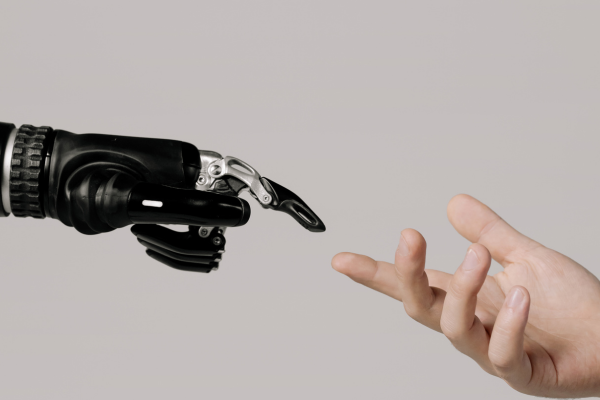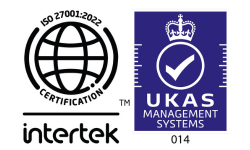Digital transformation has rapidly changed the workplace. From COVID-19 seeing approximately 5.6 million people working from home in 2020, to technology and software becoming ubiquitous to everyday life, almost all areas of business have felt the impact.
Prior to the pandemic, undertaking administrative heavy tasks such as payroll and HR was done onsite. However, companies had to adapt and learn how to undertake payroll remotely.
Employee expectation has also played a part in forcing digital transformation; from being able to log time sheets through a portal, to accessing their payslips online, organisations have had to step up in the last two years.
Gen Z – the first digital generation
There’s also a new generation that’s entering the workforce. Born between 1997 and 2012, Generation Z (also known as Gen Z) is expected to make up 27% of the workforce by 2025, and is redefining the workplace.
The first generation to grow up without any idea of the world before the internet, they’ve experienced a society where information is more freely available at a global scale. Some have never even used a paper map, CD player or VHS.
As a result, job expectations and what they deem as important to them doesn’t just focus on salary. A survey revealed that 42% of Gen Z workers value work-life balance, remote working and flexible leave when it comes to looking for a job, over climbing the career ladder for a big pay cheque.
It’s important to state that prior to the pandemic, organisations were beginning to see the benefits of increased digitalisation in the workplace. But we’re seeing Gen Z use this as a springboard, and demanding further digitalisation of the workplace.
The generation driving change in the workplace
Research shows that 54% of Gen Z are craving better digitalisation across HR and payroll processes and solutions.
The generation is looking for options such as streamlined holiday requests, online payslips and virtual request forms to simplify admin heavy tasks and improve convenience.
As a result, over half of European companies have improved their HR digitalisation efforts, with the UK and Belgium at the forefront..
This is further reinforced by Deloitte, who state, “As the job market has heated up and new technologies have exploded, power has shifted from the employer to the employee.”
It’s understandable that Gen Z wants to introduce up to date technology within the workplace, as it’s second nature to them. This can also help improve productivity and organisation at work.
How can employers meet this demand?
This highlights the need for combining personalised, face-to-face and digitised processes. Having a combination will help organisations cater for all team members’ needs while reducing admin, streamlining processes and improving workplace culture.
Gen Z’s technological experience combined with their possible lack of experience within an office environment means they are more likely to be open minded toward introducing new digitised company procedures.
For example, the expenses claim process can be streamlined massively and done completely online. Receipts and invoices can be uploaded remotely, along with documents and photos, and the information is then processed quickly and accurately.
How can employers meet this expectation?
If employers want to attract new talent and retain high quality, digitalisation must become part of their company culture. And this starts with your HR, time tracking and payroll processes.
The importance of integration
Technology such as AI (artificial intelligence), machine learning and automation are bringing new opportunities for companies to revolutionise their payroll processes.
According to CIPP (the Chartered Institute of Payroll Professionals), “Payroll is an ideal candidate for robotic process automation (RPA).”
RPA can be integrated with existing systems, and increases accuracy rates, decreases errors and reduces manual entry. This benefits both the finance team undertaking payroll, and your employees, as information is easy to access online, and mistakes are minimised.
Creating a more transparent workplace
In general, employees value transparency and honesty meaning teams should ensure they properly communicate important messages throughout the company.
HR, Payroll and Time and Attendance software can help to reduce misunderstandings, mistakes and disputes, creating a healthier and happier working environment, as everything is online.
Brand reputation is also protected, as more people are willing to call out companies on social media for their mistakes. Meeting employees expectations will have positive effects on both company reputation and employee attitude.
Gen Z look for digitalisation within the recruitment process
As we’re sure you can already tell, digitalisation is an extremely important factor within Gen Zs roles, including them looking for a digitised recruitment processes.
Below are a few examples of where Gen Z expect digitalisation:
● The recruitment process
● Monitoring health and wellbeing
● Salary communications
● HR interaction
● HR administration
Contact Payescape today to see how we can help you digitise your HR and Payroll systems to help improve your team’s productivity, work life balance and work culture.














